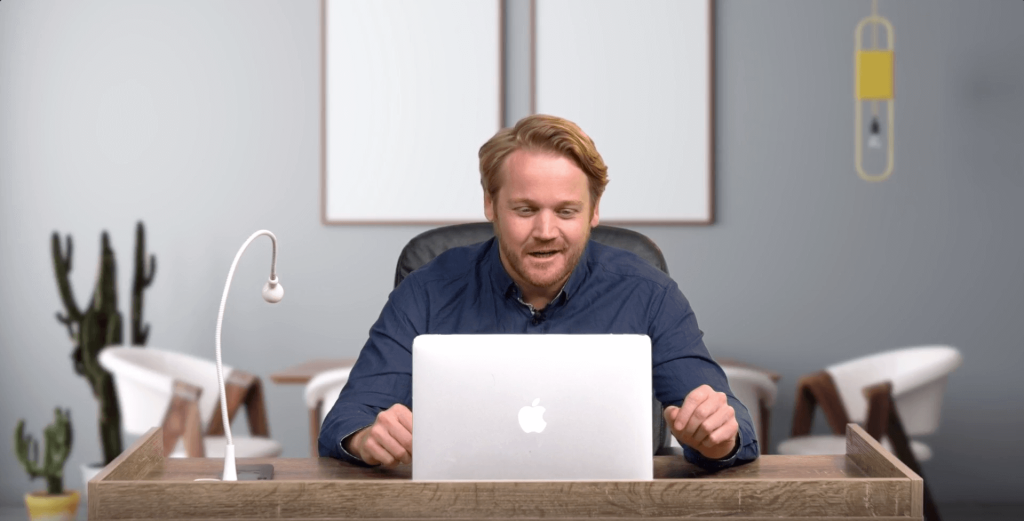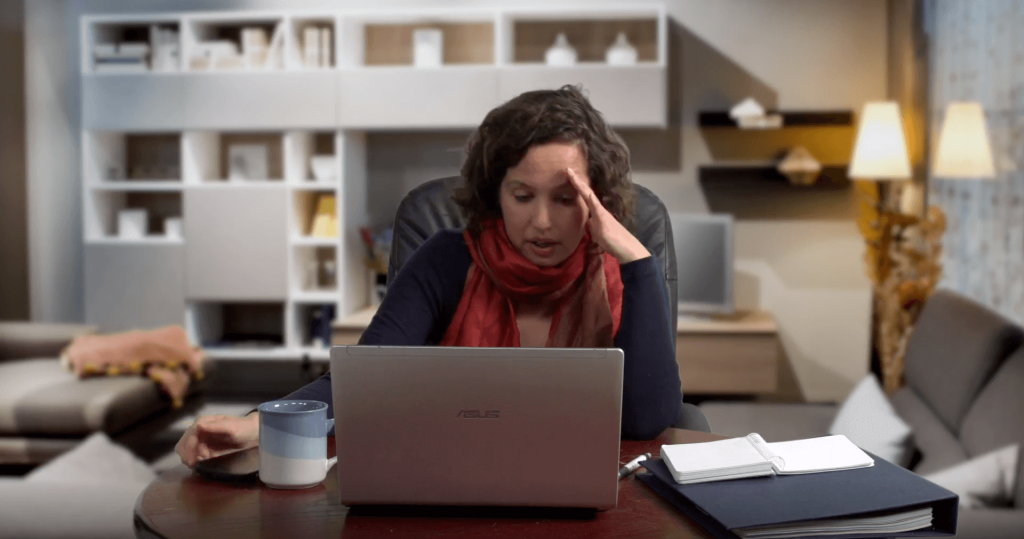Anxiety is more common than you might think. Chances are, either you or someone you know has dealt with anxiety.
Given that we spend a significant portion of our time at work, it’s no surprise signs of anxiety can show up in the office.
Recognising these signs early and knowing how to support your colleagues is crucial.
Spotting the signs of anxiety at work
Anxiety can show up in different ways.
If your colleagues are showcasing any of these signs, it may indicate they are dealing with anxiety:
- Isolating themselves
- Procrastinating on tasks
- Looking tired all the time
- Losing interest in their work
- Forgetting things and becoming irritable
- Struggling with confidence
- Missing work altogether
These behaviours might mean someone is dealing with anxiety. As mangers and coworkers, noticing these signs is the first step to offering support.
Why early detection matters
Identifying anxiety early can prevent more serious health issues. Addressing anxiety quickly helps maintain productivity and a positive work environment.
It also shows employees their wellbeing is valued, leading to increased employee loyalty and engagement.
Practical tips for supporting colleagues with anxiety
Supporting a colleague with anxiety involves understanding and compassion.
Remember, people with anxiety are very capable; sometimes they just need a bit of flexibility.
Here are some tips:
- Start an open conversation: Have a gentle, open chat with your colleague. Let them know you’re there to support them. Work together to adjust their role to help them succeed.
- Respect privacy: If a colleague doesn’t want to talk about their mental health, respect that. Focus on creating a supportive and inclusive workplace culture where everyone feels safe.
- Be supportive: As leaders, it’s our duty to support our team. Knowing how to help a teammate face mental health challenges is part of that responsibility. Provide resources and encourage seeking professional help if needed.
- Create a safe and welcoming culture: Build a culture where everyone feels safe, welcomed and accepted. Encourage team activities and open communication to create a more inclusive environment.
Practical steps for managers and leaders
Managers and leaders play a crucial role in supporting employees with anxiety.
Here’s how you can help:
- Offer training to raise awareness about anxiety and equip your team with the tools to support each other.
- Provide flexible hours or remote work options to help employees manage their anxiety.
- Promote regular breaks to reduce stress and burnout.
- Ensure employees have access to Employee Assistance Programs (EAPs) or mental health professionals.
How Mind Blank can support your workplace
At Mind Blank, we partner with organisations of all sizes and industries to create customised workplace mental health programs.
Our approach focuses on prevention and early intervention, and destigmatisation of mental health challenges.
We offer:
- Mental health workshops: Our workshops raise awareness, reduce stigma, and provide tools to maintain wellbeing and respond to challenges.
- Interactive forum theatre performances: Professional actors present skits based on real-life mental health issues. Audience members engage with the performers and provide feedback to change the outcomes for affected individuals.
- Online resources: Educational materials and resources tailored to the workplace, from toolkits to specialised video modules, providing ongoing support.
- Consultation and strategy: We work with employers to develop mental health strategies that fit their culture and goals.
Creating a supportive work environment where anxiety is understood and managed is crucial for the wellbeing of all employees.
By recognising the signs of anxiety, engaging in open conversations, and providing the necessary support, we can make a significant difference.
At Mind Blank, we help you create a workplace that values mental health.
Find out more information on our workplace programs.






